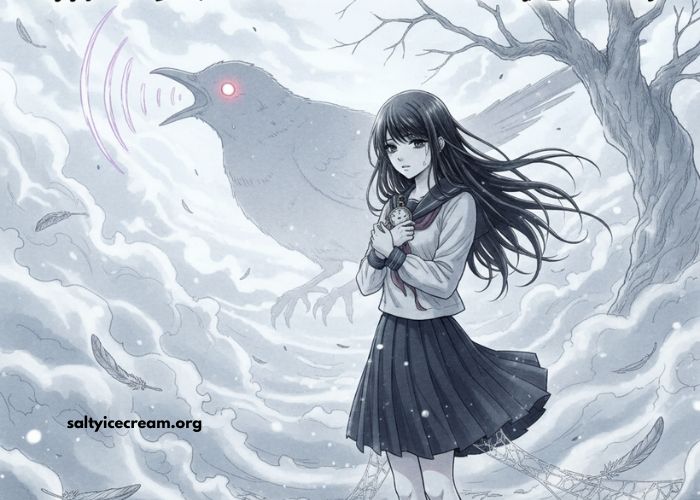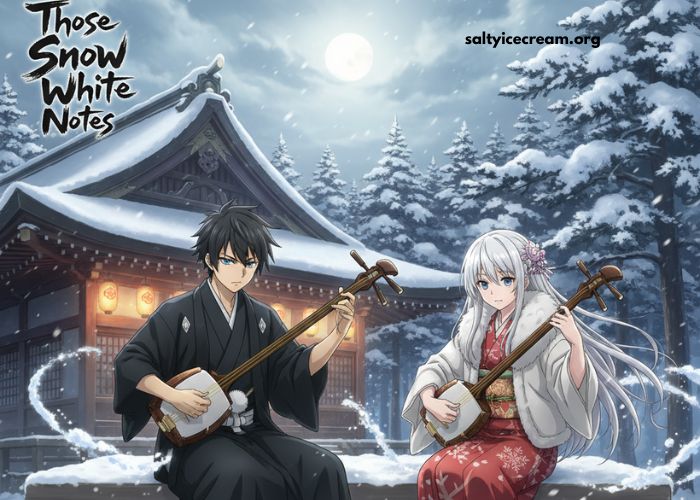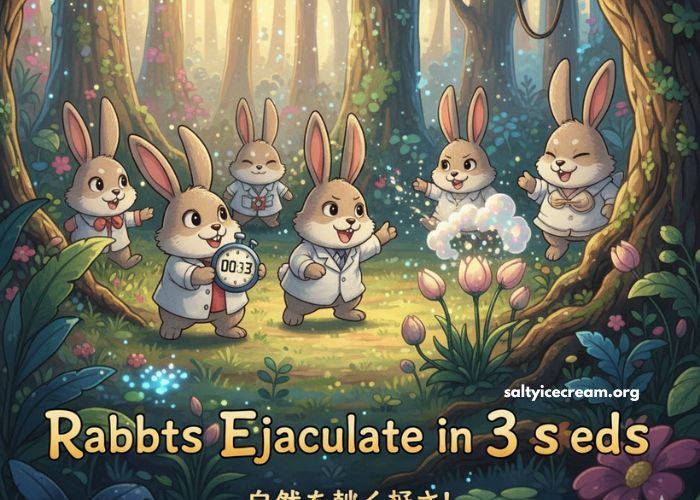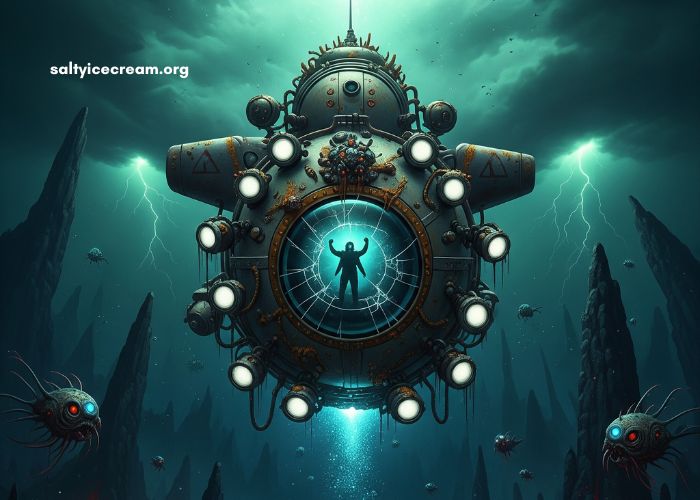| Category | Details |
|---|---|
| Title | Heaven Was My Hell |
| Genre | Psychological, Supernatural, Drama |
| Protagonist | Unnamed male character confronting guilt and past mistakes |
| Setting | Ethereal, symbolic “heaven” that hides torment |
| Core Themes | Redemption, guilt, suffering, self-discovery |
| Symbolism | Heaven vs. hell, memory, morality, acceptance |
| Art Style | Contrasting light and dark tones, ethereal, haunting |
| Key Plot Points | Awakens in “heaven,” memories and guilt resurface, faces internal struggle |
| Supporting Characters | Angelic figures guiding or testing protagonist |
| Tone | Dark, introspective, emotional, thought-provoking |
| Reader Impact | Encourages reflection on morality, choices, and personal growth |
The manga episode Heaven Was My Hell is a haunting yet poetic portrayal of the human struggle between pain, guilt, and redemption. It dives deep into the inner world of its protagonist, capturing emotions that blur the line between heaven and hell. This episode has captivated readers with its dark tone, psychological intensity, and thought-provoking themes that challenge our understanding of morality and salvation.
A Glimpse into the Main Point
Heaven Was My Hell centers around a broken soul trapped between two worlds one that promises peace and another that mirrors his suffering. The story begins with a man awakening in a place that appears heavenly, filled with light and serenity. Yet, beneath the beauty lies torment, reminding him of every sin and regret he’s tried to forget.
As the episode unfolds, he encounters ethereal beings who claim to guide him toward redemption. However, their intentions blur as his memories return revealing that his so-called paradise may be nothing more than a reflection of his own guilt. The contrast between illusion and reality builds tension, pulling readers into an emotional whirlwind of self-discovery.
Symbolism
One of the most striking aspects of Heaven Was My Hell is its deep symbolic meaning. The “heaven” depicted here represents not salvation but a psychological prison a place where the mind confronts its deepest fears. The “hell,” in contrast, symbolizes liberation through acceptance of one’s past.
The episode’s core theme revolves around redemption through suffering. It suggests that true peace comes not from running away from pain but embracing it. The duality of heaven and hell becomes a metaphor for the protagonist’s internal battle between denial and acceptance.
The narrative also touches on the fragility of memory, the illusion of perfection, and the blurred boundary between punishment and forgiveness. Every scene feels deliberately crafted to make readers question their own moral compass.
Art Style and Atmosphere
Visually, Heaven Was My Hell stands out with its stunning contrast of light and shadow. The artist uses pale tones to represent false serenity, while darker shades symbolize the creeping despair that lurks beneath. This contrast enhances the emotional intensity of the story, making each frame a masterpiece of visual storytelling.
The expressions of the characters from sorrowful eyes to trembling hands capture pain in its rawest form. The intricate backgrounds filled with symbolic imagery, like broken wings and fading halos, enrich the narrative without the need for excessive dialogue.
Readers often describe the episode’s aesthetic as “ethereal horror” a genre-blending mix of beauty and tragedy.
Character Development
The unnamed protagonist serves as a mirror to human vulnerability. Through flashbacks, we learn of his past mistakes, his guilt over lost loved ones, and his desperate longing for peace. His journey is not about escaping torment but confronting his truths.
Supporting characters, such as the angelic figure guiding him, play dual roles both savior and tormentor. Their conversations are filled with philosophical undertones, exploring whether redemption is earned or imposed. This complex interplay of morality adds depth and realism to the narrative.
Reader Response and Impact
Fans of psychological and supernatural manga have praised Heaven Was My Hell for its emotional storytelling and philosophical depth. Many readers find themselves reflecting on their own choices, regrets, and perceptions of heaven and hell. Its haunting beauty lingers long after the final panel, making it one of the most memorable episodes in recent manga releases.
The episode’s writing and artwork together evoke the kind of emotional resonance seen in works like Death Note, Tokyo Ghoul, and Devilman Crybaby, yet it maintains a distinct identity built on spiritual introspection.
Conclusion
Heaven Was My Hell is more than just a manga episode it’s an emotional exploration of the human soul. With its haunting art, symbolic storytelling, and introspective narrative, it reminds readers that salvation and suffering are two sides of the same coin.
For those who love dark psychological drama, rich symbolism, and profound character studies, this episode delivers a deeply rewarding experience that proves sometimes, heaven can indeed feel like hell.





